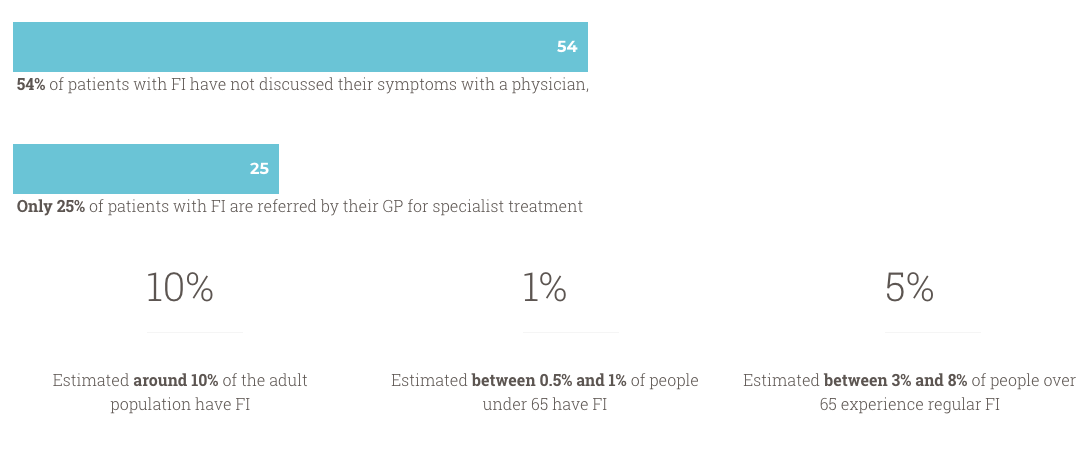IMPRESS is a health science initiative which aims to encourage more engineers and scientists to work on researching new technologies for incontinence.
Many clinical challenges persist in the field of incontinence because it is a condition that historically has received relatively little attention in the research environment. IMPRESS has been developing a national multidisciplinary network for incontinence research and we work to showcase the difficulties of dealing with this condition as a way of drawing together scientific experts, facilitating new research collaborations and inspiring novel ideas for next generation treatments.
Our history
Since 2014 IMPRESS has been funded by a partnership between the National Institute for Health and Care Research (NIHR) and the Engineering and Physical Sciences Research Council (EPSRC). This first phase of funding drew to a close at the end of 2018 but the work of IMPRESS continues. Going forward IMPRESS will be managed by the Surgical Medtech Cooperative under their Colorectal Theme.
Faecal Incontinence (FI) is defined as the inability to fully control the passage of faeces through the anus
- to a weakened anal sphincter muscle (typically following child birth),
- problems with nerve supply (e.g. stroke, multiple sclerosis),
- in association with other gastrointestinal conditions (e.g. irritable bowel syndrome)
Urinary Incontinence (UI) is defined as involuntary leakage of urine, UI presents a major burden on NHS resources
It is a common and distressing condition, which impacts of quality of life. The main forms of UI are
- stress incontinence (SUI), which is leakage with physical exertion
- urge incontinence (UUI), which is leakage with a strong desire to void.
- Mixed urinary incontinence is a combination of SUI and UUI
The prevalence of UI increases with age and is higher in institutionalised adults, who tend to be older and suffer associated co-morbidity.


